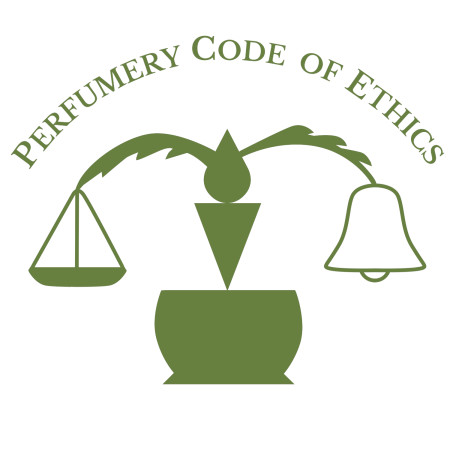More Reliable, Less Filtered Perfumery Information Now Available for Fragrance Journalists, Writers and Fact-Checkers

NEW YORK, May 26, 2024 (Newswire.com) - Pledgers to the Perfumery Code of Ethics worldwide have organized to provide writers, journalists and academics with broader, less filtered information.
How: By writing your questions, requests for interviews or fact-checking to info@perfumeryethics.org
For whom: The requests will be answered in priority to professional journalists, writers and fact checkers. As much as the pledgers understand that more reliable information is very much needed in perfumery, their volunteer work does not allow to answer every request nor to cater to perfume fans and the general public at this point.
What happens once a request is received: One of the pledgers will answer queries at a personal level on a “best-to-their-knowledge” basis, or will dispatch the request to other pledgers with more insights on the subject matter. Requests may also be forwarded to other organizations such as the Osmotheque, or professional organizations such as Fragrance Creators and the International Fragrance Association depending on the query's content.
Links to published or unpublished data (yet not confidential) may be provided to cross-check the answer.
Background - Access to ethical and reliable source of information in perfumery is extremely difficult to obtain. It is well-known that the fragrance industry is shrouded in secrecy. For instance due to the diktat that some perfume brands exercise on magazines and websites because of the significant amount of advertising spending that they provide to these media (1). Most staff and staff-perfumers working or creating for the largest brands are bound by non-disclosure agreements, or do not wish to be shunted from the next luxury projects.
Traditionally, retired perfumers do not convert into reliable sources of information either.
The academic or academic-like programs offered by a few organizations have not been vetted by Academia at the same level as a STEM program or art history programs at reputable universities.
Fact-checkers rarely know how to actually verify their sources in the perfumed microcosm. They often believe simple Google searches or plain declarations by the very persons who have vested interests in the story. When something as simple as a bergamot is for the most part wrongly pictured on search engines, access to more specific information remains very often unreliable or misleading.
About the Perfumery Code of Ethics
The Perfumery Code of Ethics was organized in 2019 and currently gathers 130 pledgers from perfumers, writers, brands and store owners who have committed to abide by eight ethical principles. It is the only code of its kind in the perfume industry precisely targeting a large range of subjects specific to fragrance creation, distribution and communication.
Contact: Terry Carter, Elena Cvjetkovic, Tanja Deurloo, Christophe Laudamiel, Pia Long
(1)POT-POURRI (French for “rotten pot”) by Maïté Turonnet - ISBN 10: 2491567415 - ISBN 13: 9782491567415 - Nez Editions - 2022 – pages 31-33, 118-131, ,136-137, 174-175.
Source: The Perfumery Code of Ethics